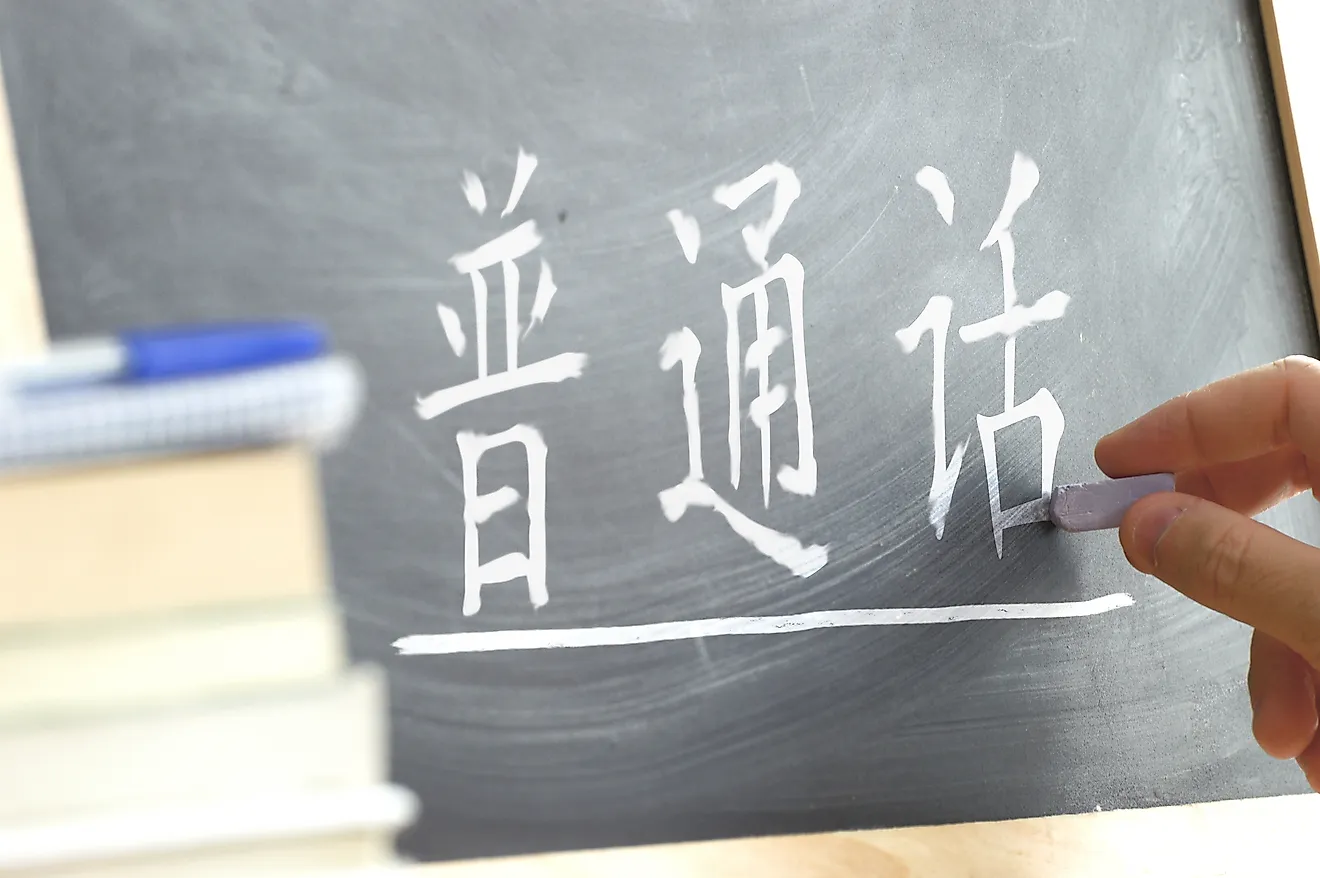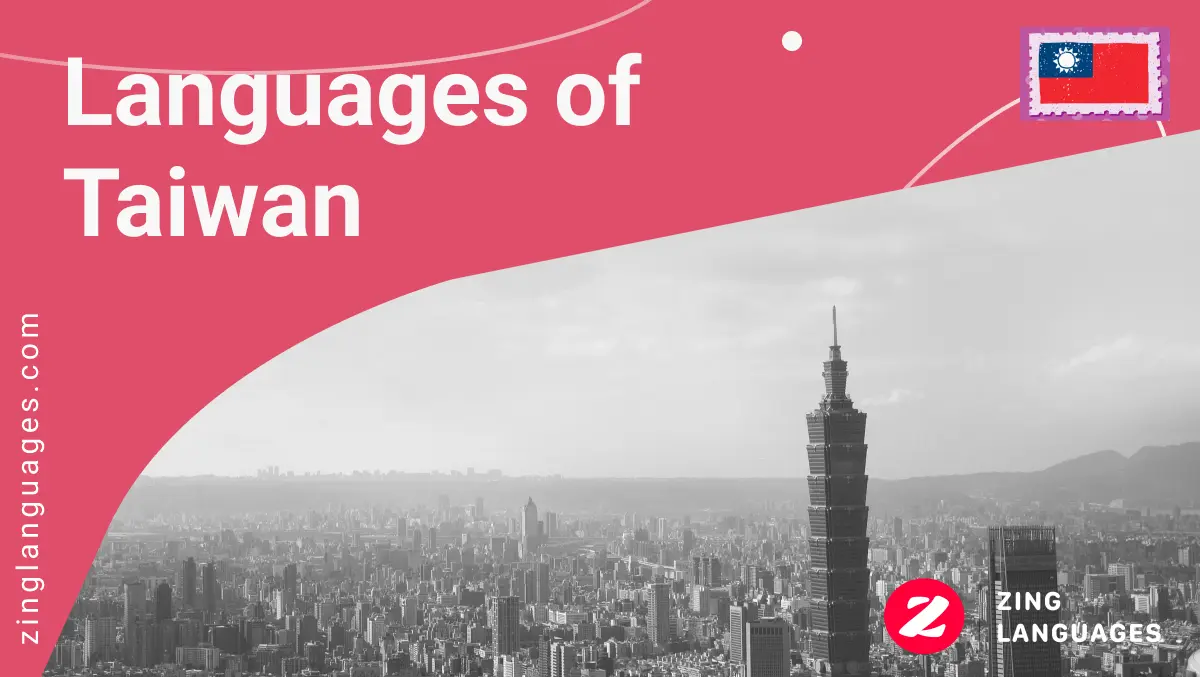What language do taiwan people speak – Embark on an enthralling journey into the linguistic landscape of Taiwan, where a symphony of languages weaves a tapestry of cultural heritage and global connections. From the widespread use of Mandarin Chinese to the preservation of indigenous tongues, this guide unveils the vibrant tapestry of languages spoken by the people of Taiwan.
As we delve into the diverse linguistic landscape of Taiwan, we’ll explore the historical, cultural, and societal factors that have shaped the language dynamics of this fascinating island nation.
Mandarin Chinese
Mandarin Chinese is the official language of Taiwan and is spoken by the vast majority of the population. It is the most widely spoken language in Taiwan, with over 95% of the population being able to speak it.
Mandarin Chinese is used in all levels of education in Taiwan, from elementary school to university. It is also the language used by the government and in the media.
Prevalence of Mandarin Chinese
- According to a 2018 survey by the Ministry of Education, 95.3% of the population of Taiwan can speak Mandarin Chinese.
- Mandarin Chinese is the most widely spoken language in Taiwan, followed by Taiwanese Hokkien (73.6%), Hakka (12.1%), and Formosan languages (1.9%).
Role of Mandarin Chinese in Education and Government
Mandarin Chinese is the medium of instruction in all schools in Taiwan, from elementary school to university. It is also the language used by the government and in the media.
The use of Mandarin Chinese in education and government has helped to promote its use throughout Taiwan and has contributed to its status as the official language of the country.
Taiwanese Hokkien

Taiwanese Hokkien, also known as Holo, is a Southern Min dialect of Chinese spoken primarily in Taiwan. It is the second most commonly spoken language in Taiwan after Mandarin Chinese.The origins of Taiwanese Hokkien can be traced back to the 17th century, when a large number of Hokkien-speaking immigrants from southern China settled in Taiwan.
Over time, the dialect spoken by these immigrants evolved into Taiwanese Hokkien, which is now distinct from the Hokkien dialects spoken in mainland China.
Regional Distribution of Taiwanese Hokkien Speakers, What language do taiwan people speak
Taiwanese Hokkien is spoken by around 70% of the population of Taiwan. It is the predominant language in the southern and central parts of the island, as well as in some coastal areas of the north. In Taipei, the capital of Taiwan, Taiwanese Hokkien is spoken by around 40% of the population.
Cultural Significance of Taiwanese Hokkien
Taiwanese Hokkien is an important part of Taiwanese culture. It is used in everyday conversation, in popular culture, and in traditional Taiwanese opera. The language is also a symbol of Taiwanese identity and is often used to express a sense of belonging to Taiwan.
Hakka: What Language Do Taiwan People Speak
The Hakka people are a Han Chinese ethnic group with a distinct language and culture. They are native to the mountainous regions of southern China, and have a long history of migration to other parts of the world, including Taiwan.
The Hakka language is a member of the Sinitic branch of the Sino-Tibetan language family. It is closely related to Cantonese, but has its own unique grammar and vocabulary. Hakka is spoken by around 3.5 million people worldwide, including about 1.2 million in Taiwan.
Geographical Distribution of Hakka Speakers in Taiwan
Hakka speakers are distributed throughout Taiwan, but are concentrated in the northern and central parts of the island. The largest Hakka population is found in Hsinchu County, where Hakka is the majority language. Other areas with significant Hakka populations include Taoyuan City, Miaoli County, and Nantou County.
Preservation and Promotion of Hakka Culture
The Hakka people have a strong sense of cultural identity, and have made efforts to preserve and promote their language and culture. The Taiwanese government has also supported these efforts, and has established a number of programs to promote Hakka culture.
These programs include language classes, cultural festivals, and the establishment of Hakka cultural centers.
As a result of these efforts, the Hakka language and culture are still thriving in Taiwan today. Hakka is taught in schools, and there are a number of Hakka-language media outlets. The Hakka people are also active in politics and business, and have made significant contributions to Taiwanese society.
Indigenous Languages
Taiwan is home to a diverse range of indigenous languages, each with its own unique history and cultural significance. These languages have played a vital role in shaping the identity and heritage of Taiwan’s indigenous communities.
Historically, indigenous languages were the primary means of communication within indigenous communities and were closely tied to traditional practices, beliefs, and knowledge systems. However, during the period of Japanese colonization and subsequent Kuomintang rule, the use of indigenous languages was suppressed in favor of Mandarin Chinese, leading to a decline in their usage and transmission.
Efforts to Revitalize and Preserve Indigenous Languages
In recent decades, there has been a growing recognition of the importance of preserving and revitalizing indigenous languages. This has led to a number of government initiatives and community-based efforts aimed at promoting the use and teaching of indigenous languages in schools, communities, and media.
These efforts have included the establishment of bilingual education programs, the development of language learning materials, and the promotion of indigenous language use in public spaces and media outlets. As a result of these efforts, there has been a gradual increase in the number of people who are able to speak and understand indigenous languages.
The revitalization of indigenous languages is essential for preserving the cultural heritage and identity of Taiwan’s indigenous communities. By promoting the use and transmission of these languages, we can ensure that future generations will be able to connect with their cultural roots and traditions.
English
English plays a significant role in Taiwan, serving as a crucial language for international communication, education, and business.The prevalence of English in Taiwan’s education system is evident from its inclusion in the curriculum at all levels, from primary school to university.
English language proficiency is highly valued, and many Taiwanese students pursue additional English language courses and certifications to enhance their competitiveness in the global job market.In the business realm, English is widely used as the lingua franca for international trade and investment.
Multinational corporations operating in Taiwan often conduct their business in English, and many Taiwanese companies require their employees to have a working knowledge of the language.Moreover, English has had a notable influence on Taiwanese culture. Western films, television shows, and music have become popular in Taiwan, and many Taiwanese people enjoy consuming English-language entertainment.
This exposure to English-language media has contributed to the spread of English words and phrases into Taiwanese popular culture.
Other Languages

Taiwan is home to a diverse range of languages, reflecting its rich cultural heritage. In addition to the previously discussed languages, several other languages are spoken by significant populations in Taiwan.
Austronesian Languages
Taiwan is the homeland of several Austronesian languages, including Amis, Atayal, Bunun, Paiwan, and Puyuma. These languages are spoken by indigenous communities and have been passed down for generations. The presence of Austronesian languages in Taiwan is a testament to the island’s long history of human settlement.
Japanese
During the Japanese colonial period (1895-1945), Japanese was widely used in Taiwan as the official language. As a result, many older Taiwanese people still speak Japanese, particularly in rural areas.
Other Foreign Languages
Due to Taiwan’s international connections and economic development, other foreign languages, such as English, Korean, and Vietnamese, are also spoken by significant populations in Taiwan. These languages are often used in business, education, and tourism.
Final Review

Our exploration of the languages spoken in Taiwan has illuminated the rich linguistic tapestry that contributes to the island’s cultural identity. From the dominant presence of Mandarin Chinese to the preservation of indigenous languages, Taiwan’s linguistic landscape reflects its vibrant history and its embrace of多元文化.
Key Questions Answered
What is the most widely spoken language in Taiwan?
Mandarin Chinese is the official language of Taiwan and is spoken by the majority of the population.
Are there any indigenous languages spoken in Taiwan?
Yes, there are several indigenous languages spoken in Taiwan, each representing a distinct ethnic group.
What is the role of English in Taiwan?
English is widely used in education, business, and international communication in Taiwan.